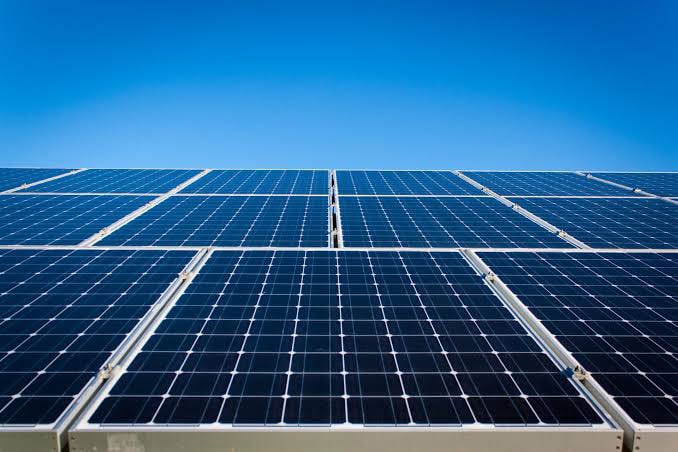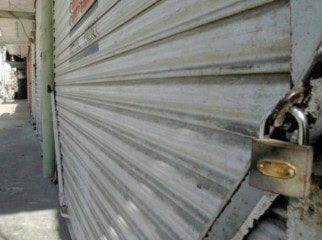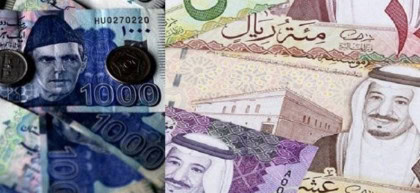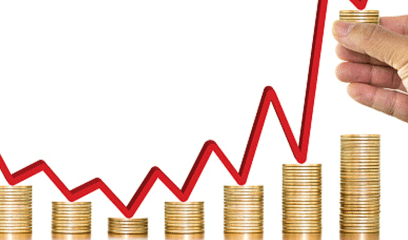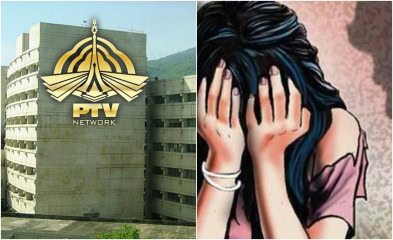ISLAMABAD – Solar panel prices in Pakistan may increase ahead of summer as the International Monetary Fund (IMF) has demanded the Pakistani authorities to revoke tax exemption for solar systems.
The IMF delegation, which is in Pakistan for an economic review under the $7 billion loan programme, argued that the solar system are mostly installed by the rich people in the country, thus, there is no need to give them tax exemption.
If the demand is approved, there would be a significant increase in solar panel prices in the country, ultimately surging the total cost of solar setup.
Solar Panel Current Rates
The prices of the solar plates vary depending on the quality and company in local market of Pakistan. At average, the price of per watt stands at Rs32.
ECC Approves New Buyback Rate for Solar Net Metering
Blow to solar consumers, as government of Pakistan made huge cut in buyback rate for solar net-metering electricity from Rs27 per unit to just Rs10 per unit.
Economic Coordination Committee (ECC) of the Cabinet made the stern decision, leaving tens of thousands of users facing significant losses and uncertainty about the future of their investments.
Under the new net metering policy, the new buyback rate is set to apply to all exported solar electricity, severely impacting those who had hoped to benefit from solar energy savings. The move comes as response to rising number of solar net-metering consumers, which has been increasing rapidly and putting a financial strain on grid consumers.
With number of solar net-metering users climbing to over two lac eighty thousand, Sharif led government took decision to protect grid consumers from growing financial burden.
These cuts in buyback rate are said to result in major losses for those who invested in solar energy with the expectation of higher returns. Many consumers are now questioning whether the financial viability of solar energy is sustainable, with the new rate potentially making solar power a less attractive option for future buyers.
The revised framework will not affect existing agreements under NEPRA Distributed Generation and Net Metering Regulations, 2015, but new users and future solar installations will face the reduced rate.
Furthermore, the cut in net metering rate is also expected to dampen growth of the solar energy sector, which had been thriving due to a sharp decline in solar panel prices. With the financial burden of Rs159 billion already being shifted to grid consumers, the government’s attempt to curb costs could come at the expense of solar users’ hard-earned investments.

